Warning: Attempt to read property "ID" on int in /home/public/wp-content/themes/mpguottawa/single.php on line 22
2020 MPC Annual Meeting
Warning: Attempt to read property "ID" on int in /home/public/wp-content/themes/mpguottawa/single.php on line 44
2020 MPC Annual Meeting
October 19, 2020 - October 20, 2020
The 6th edition of this meeting was held exclusively online due to the Covid-19 Pandemic. This was the first meeting of the second term of the MPC-EQP. German Ambassador Sabine Sparwasser opened the event with talk on scientific cooperation between Germany and Canada. This was followed up by introductory talks from Dr. Damascelli (UBC) and Dr. Bernhard Keimer (Max Planck Institute for Solid State Research) on the activities of the Max Planck-UBC-Tokyo Center for Quantum Materials. Our researchers then held a panel discussion aimed at exploring collaborative opportunities between each Max Planck Centres. On the second day, a Town Hall session and a Poster session was held online.

